The “Black Pearl” of the Mediterranean: Pantelleria. Among UNESCO recognitions and development projects, we discover what’s being done to protect the special synergy between man and nature.
According to its corporate definition, an agricultural cooperative puts people and their needs at the centre of its business, instead of the maximisation of profits and shareholder dividends. A cooperative produces wealth and makes it into a common asset for all members and other stakeholders. The company's assets are indivisible, and they are managed by the members with a view to passing them on to future generations

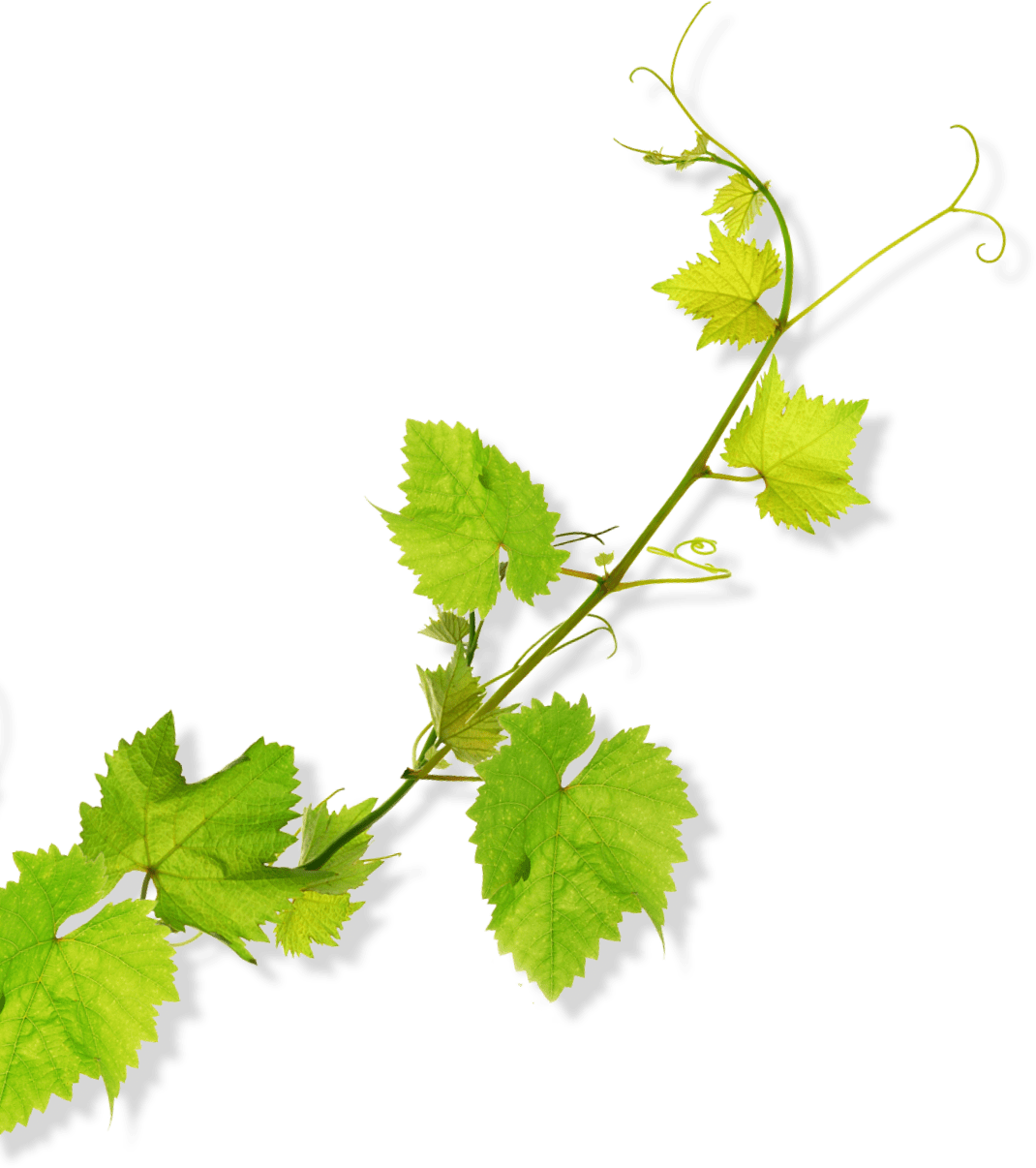
CAVIRO is an agricultural cooperative, and it therefore fits into this definition, which, today, aligns perfectly with the idea of sustainable development*.
While words come in and out of use due to language use, history and opportunity, the facts remain unchanged. Since its founding, now almost sixty years ago, CAVIRO has put the elements of sustainability and regeneration at the centre of its raison d'être, naturally and spontaneously.
“We can't be anything other than what we are,” says Sara Pascucci, Head of Communication & Sustainability Manager at the CAVIRO Group. “I joined the company in 2015: at the time, CAVIRO wasn't talking about the circular economy, but it was doing it. When we began to communicate this fact, there was no need to force it; it was simply a natural development based on very solid foundations.”
What we now call “sustainability” has also characterised the majority of the company's history, with the aim of protecting and regulating wine production and the operators in the sector.
“CAVIRO has inherited its know-how from nature, which does not recognise the logic of growth unless it is through the continuous evolution of matter. The rural, farming mentality and philosophy from which we originate - a forerunner of any label of sustainability - reflects everyday actions that are in harmony with natural cycles. To translate: to minimise impact, it is necessary to operate with a perfectly circular approach. Originally this was done due to a lack of resources, but today this approach represents a change of paradigm, and a pivotal mechanism that allows us to waste nothing, starting from the most insignificant parts of the vineyard.”
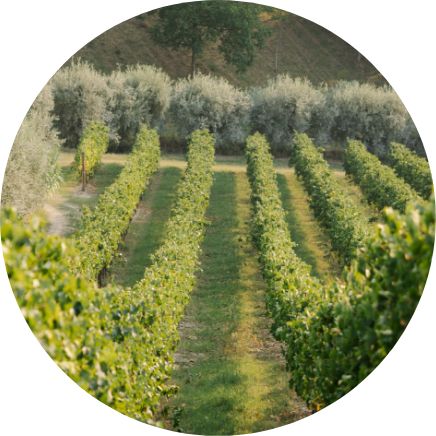
By nature, agriculture is an act of regeneration. The cooperative merely puts respect for nature and its cycles into a system, translating them into elements of wealth and sharing for the entire community and the territory through the constant implementation of advanced systems of process management and control.
“When we speak about regeneration, we are going beyond the concept of sustainability, and referring to an approach of the here and now - concrete and real - that doesn't leave the consequences of our actions hanging on the future. The deep connection - not only physical - that links the earth and the environment to those that work with them every day, is what we define as an 'Ecosystem'. We have a debt to the earth: with its beauty, its generosity, and the delicious grapes it has given us. CAVIRO has been committed to honouring this for years. In order to do so, we have brought the most iconic wines from the national territory to tables all around the world, eliminated the idea of waste, nurtured our ethics and regenerated energy.”
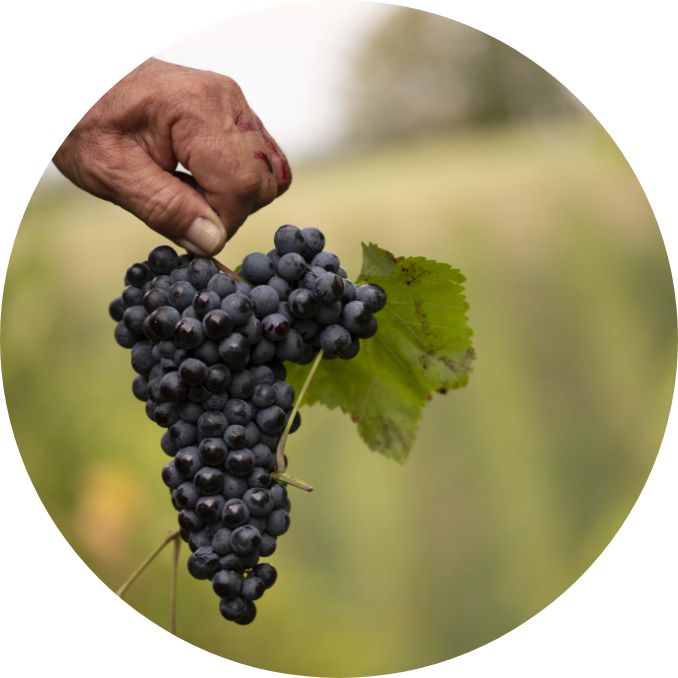
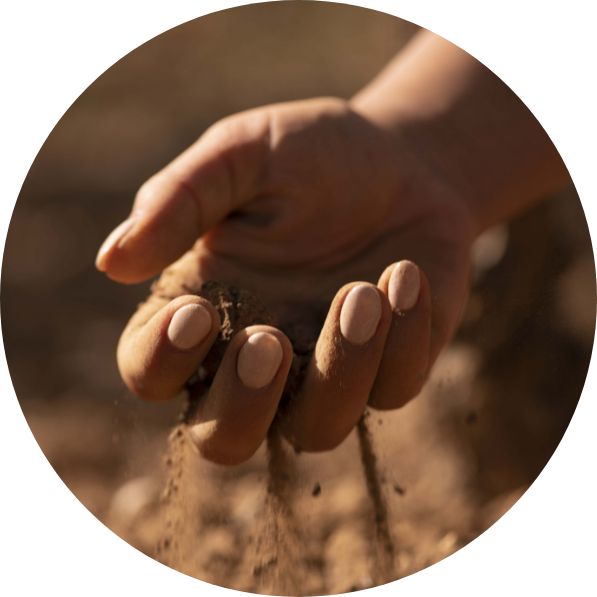
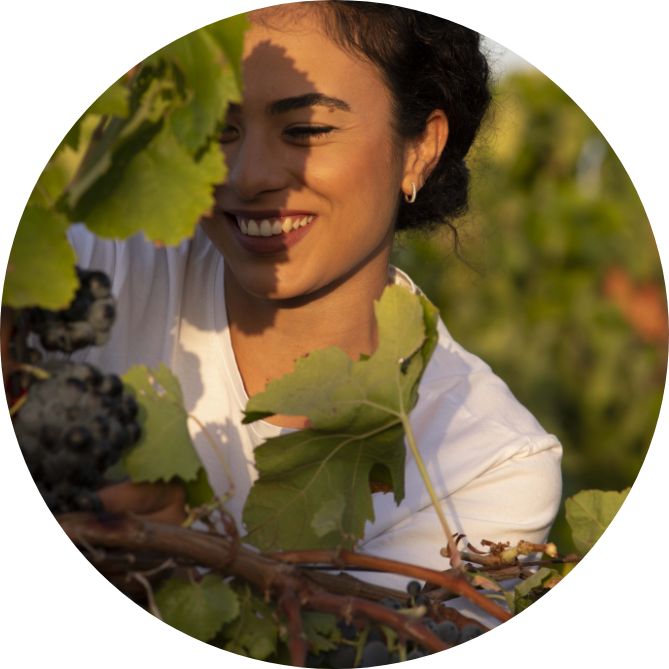

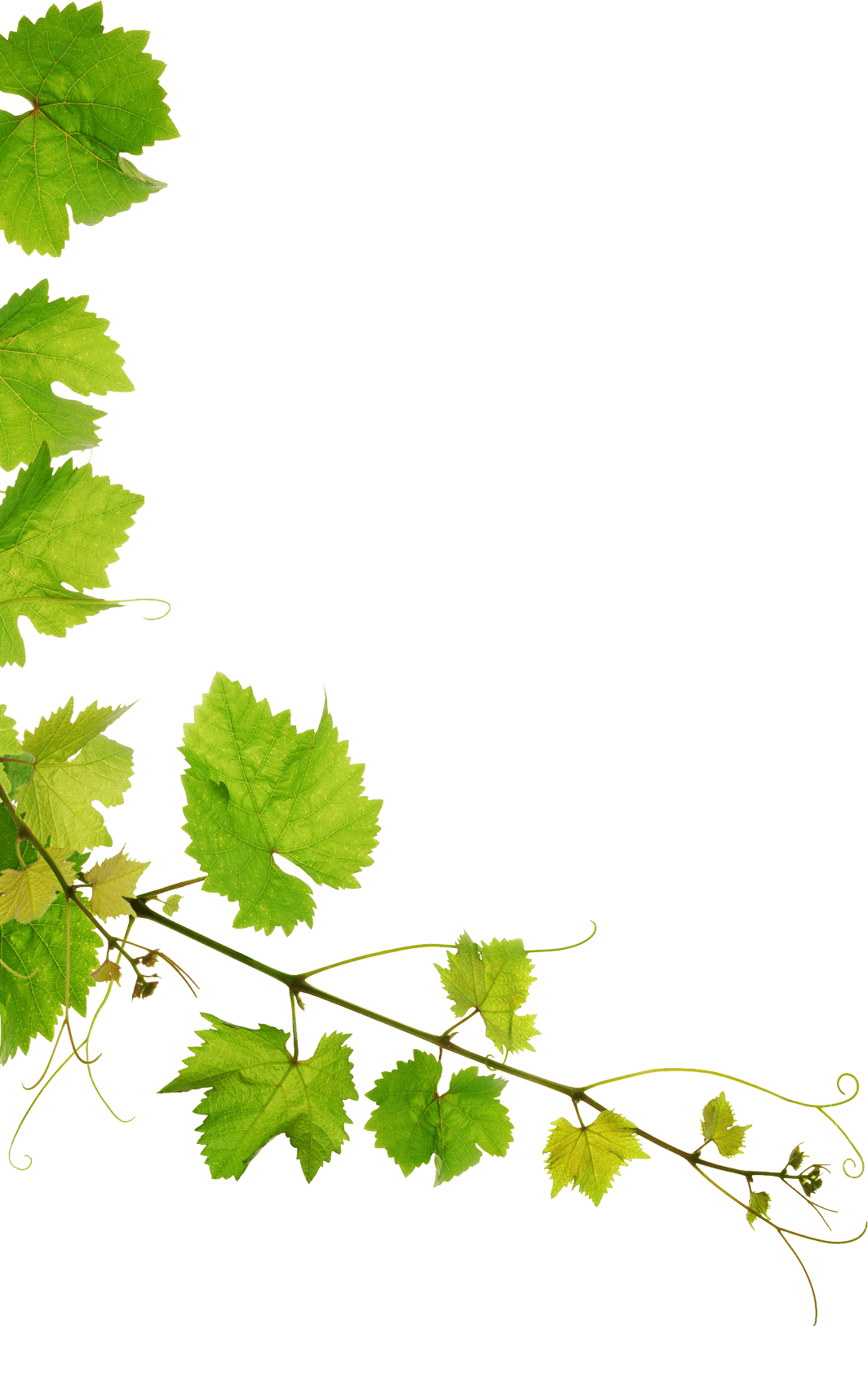
And the concept of time is a cornerstone of this way of thinking: CAVIRO is a long-standing company, with sixty years of history, as are the cooperative wineries associated with it. Its large size is the sum of many small or very small producers (the average area for each individual wine estate is around 3-4 hectares), families that find a sustainable model in this community, which allows them to continue their craft, regenerating it from generation to generation.
“It is clear that 'Sustainability' is an overused term, whose application has become so broad that it has lost much of its meaning. It isn't possible to turn a blind eye to uncertainty, but we are responsible for the path to be taken, and we have the responsibility of becoming a point of reference. This is also the case for our roots as an agricultural cooperative that has carried the torch for decades.”
It is from the concrete nature of agriculture, on one hand, and the sense of responsibility for the leading role they have played in an innovative, complex, circular ecosystem, that an effective solution can be found to the great challenges that the entire industry must face.
“Today, we ask companies to be part of society, with a view to reliability and ethics, and not only skills in the production of goods and services. This is why the issues we are addressing are at the forefront when defining a development model that looks to the future without forgetting the importance of bearing witness to the actions of the present. An important aspect of the concept of regeneration is also that of limits or weaknesses, which we often tend to hide. Respect, action, limits, evolution: it is only starting from these things that we will be able to evolve and reach an ever-better version of ourselves, as individuals, as companies and as a community.”
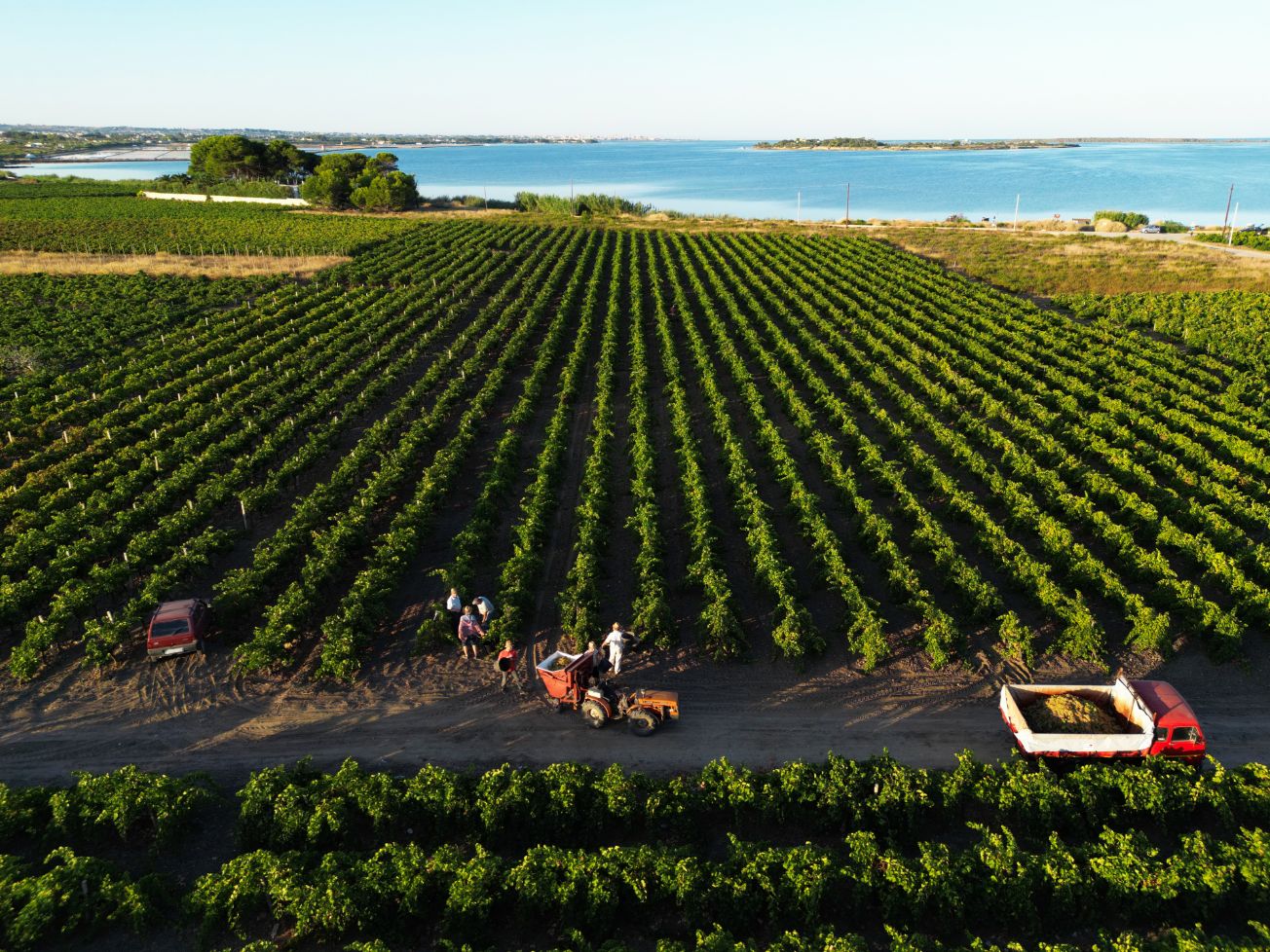
*Definition of sustainable development:
“In environmental science and economics, this is a development model designed to meet the needs of the present generation without compromising the ability of future generations to meet theirs.”
The “Black Pearl” of the Mediterranean: Pantelleria. Among UNESCO recognitions and development projects, we discover what’s being done to protect the special synergy between man and nature.
A circular economy that’s reforesting the Dolomites: from reclaimed wood come natural sound amplifiers - and a new tree.
